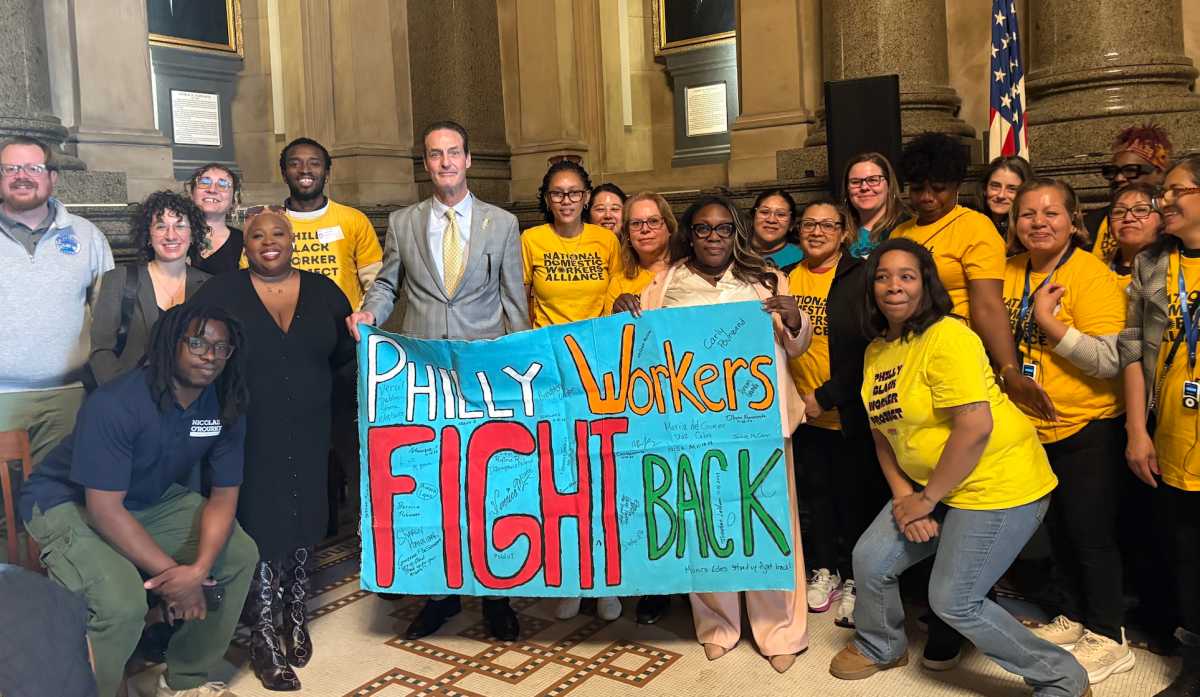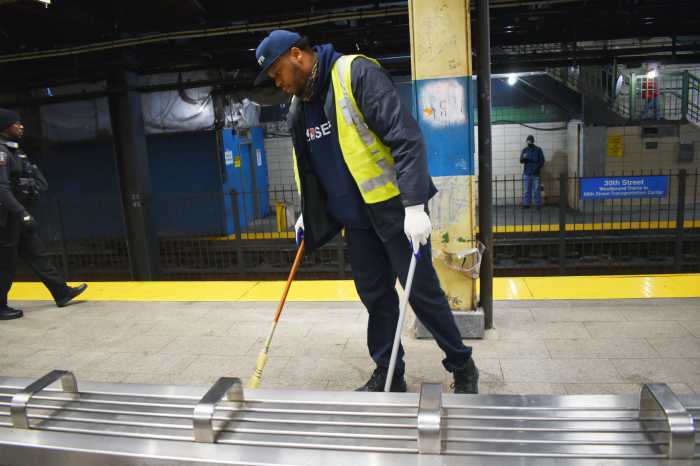Councilmember Kendra Brooks held a briefing at City Hall on Wednesday to inform Councilmembers and staff about the POWER (Protect Our Workers, Enforce Rights) Act.
During the session, workers, employers, labor leaders, and legal experts discussed the legislation and how it aims to protect Philadelphia workers from President Donald Trump’s federal rollbacks on workers’ rights.
As explained by City Council staff, the POWER Act works to clarify existing labor laws by creating consistent timelines and enforcement processes; create a retaliation provision in the code to protect workers who stand up for their rights; and establish reporting requirements for the Department of Labor, so the public can be better informed about enforcement.

“The goal of the POWER Act is to update and improve our labor laws so that we can truly protect workers and enforce the rights that we have already guaranteed in previous legislation,” said Brooks, referencing the Wage Theft Ordinance, Paid Sick Leave, and Domestic Workers Bill of Rights, all of which were passed by City Council over the past ten years. “This legislation makes it easier for both workers and employers to understand their rights and responsibilities, and it makes our Department of Labor more effective, more transparent, and more accountable to workers and the public.”
Brooks introduced the POWER Act in City Council last month. The legislation is scheduled for a hearing in the Committee on Law and Government on Friday, April 25.
“Philadelphia has led the way in labor protections, and with this bill, we’re doubling down on our commitment to the working people who keep this city running,” said Councilmember Jim Harrity. “The POWER Act builds on the Domestic Workers Bill of Rights already in place, strengthening protections against wage theft, employee retaliation, and exploitation.”




























